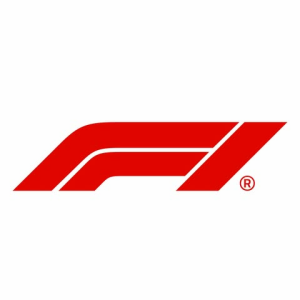13/10/2025 09:15
Twenty-nine years ago today, at Suzuka on 13 October 1996, Damon
Hill achieved something no driver had managed before him. With
victory at the Japanese Grand Prix, he became F1's first
second-generation world champion, following in the footsteps of his
legendary father Graham Hill. It was a moment that had seemed
inevitable from the season's opening round, yet by the time Hill
crossed the finish line in Japan, his triumph carried a bittersweet
edge. Hill's path to the title had been far from straightforward.
Despite dominating the 1996 season with his Williams FW18, winning
eight races and qualifying on the front row for every grand prix,
his future remained clouded in doubt. Williams had already
announced that Heinz-Harald Frentzen would replace him for 1997,
making the championship-deciding race his Williams swansong. The
situation was made more precarious by Hill's uncertain prospects.
While the then-36-year-old had signed for Arrows, the team had no
car ready and no guarantee that one would be constructed in time
for the following season. Jacques Villeneuve had kept the
championship alive until the final race, winning four grands prix
to arrive at Suzuka just nine points behind his team-mate. The
Canadian took pole position, but everything unravelled from the
moment the lights went out. When the wheels came off Villeneuve's
championship hopes crumbled spectacularly at the second start,
following an aborted first attempt. From pole position, he
plummeted to sixth place, falling behind Hill, Gerhard Berger, Mika
Häkkinen, Michael Schumacher and Eddie Irvine in a terrible getaway
from the grid. Hill capitalised immediately, taking a lead he would
never relinquish. As Villeneuve fought back through the field,
setting the fastest lap and climbing to fourth position, there
remained a glimmer of hope for the rookie. That hope, however, died
on lap 37 when his right rear wheel came off due to bearing
failure, sending him sliding into the gravel trap. The irony was
not lost on Hill. Earlier that season at Silverstone, a similar
wheel bearing failure had cost him victory on home soil, allowing
Villeneuve to close the championship gap. Now, at the season's
climax, the same mechanical gremlin had struck his team-mate
instead. Hill controlled the race throughout, crossing the line
1.883 seconds ahead of Michael Schumacher, a moment etched into F1
folklore with Murray Walker exclaiming: "This is something that
many didn't think could possibly happen today. They thought Damon
would drive a cautious race, but he fought! "He fought from second
on the grid, he passed Jacques Villeneuve, he took the lead, he
stayed there. And Damon Hill exits the chicane and wins the
Japanese Grand Prix — and I've got to stop, because I've got a lump
in my throat." Behind them, Mika Häkkinen completed the podium for
McLaren, while Schumacher's second place helped Ferrari leapfrog
Benetton into second in the constructors' championship. It was not
only a significant achievement for Hill, but history made for
Formula 1. By matching a feat accomplished by his father Graham,
who won the drivers' title in 1962 and 1968, it made them F1's
first father-son world champion pairing. "To be honest, it had to
be this year for me and I'm really, really delighted," Hill said in
reflection. "I knew everyone in the team wanted the win, and I
wanted to give it to them. I am sorry to be going, but what a way
to leave." It would be another 20 years before a repeat success,
when Nico Rosberg clinched the 2016 F1 drivers' championship for
Mercedes, after his father Keke Rosberg took the title for Williams
in 1982.



